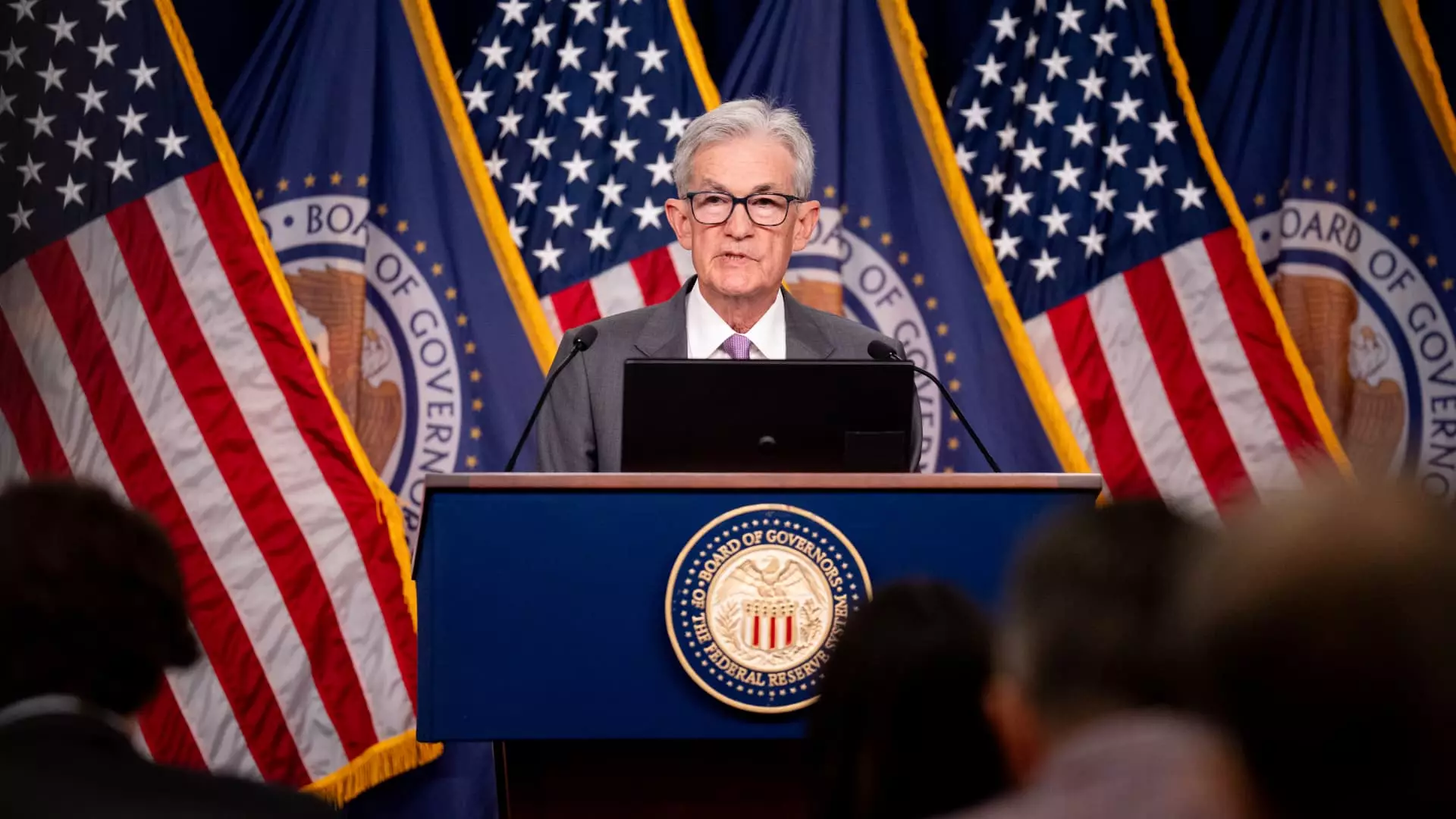British fund manager abdrn’s head of Asian sovereign debt, Kenneth Akintewe, has expressed concerns about a possible prolonged slowdown in the U.S. economy in 2025. He points to economic data, such as the non-farm payrolls, which have been later revised to show a weaker economic outlook. According to Akintewe, there is a risk that the Federal Reserve might be sleepwalking into a policy mistake by not taking into account the actual state of the economy.
Akintewe raises the question of whether the U.S. economy is already weaker than what the headline data suggests, and whether the Fed should be implementing policy changes to ease the situation. He emphasizes that any policy changes by the Fed take time to have an impact on the economy, and if the economy is indeed weaker than reported, significant easing measures need to be taken promptly. The delay in implementing necessary actions could result in a prolonged economic slowdown.
Akintewe also criticizes the market’s obsession with predicting the size of potential rate cuts by the Federal Reserve. He questions the rationale behind keeping the policy rate at 5.5% when inflation is significantly lower, around 2.5%. He challenges the need for such a high real policy rate in the current uncertain economic environment.
Recent data on personal consumption expenditures (PCE) price index in the U.S. suggests a marginal increase in inflation, aligning with expectations. This data seems to support the notion of a smaller rate cut by the Federal Reserve. Market indicators show a higher probability of a 25-basis-point rate cut at the upcoming Fed meeting, with a lower chance of a 50-basis-point cut. The response of the market to these economic indicators reflects a cautious approach towards potential rate cuts.
If the U.S. economy displays further signs of weakness at the beginning of 2025, Akintewe predicts that the effects of any easing measures will only be visible in the second half of the year. This delay in transmission of policy changes through the economy could lead to significant variations in the economic landscape by that time. The critical question remains whether the current policy framework is adequate to address the challenges faced by the economy.
The analysis of Kenneth Akintewe highlights the potential risks associated with a prolonged economic slowdown in the U.S. His concerns about the accuracy of economic data, the timing of policy decisions, and the market’s fixation on rate cuts point to a need for a more nuanced approach to managing the current economic challenges. The Federal Reserve and policymakers must carefully consider these insights to navigate the uncertain economic terrain ahead.

